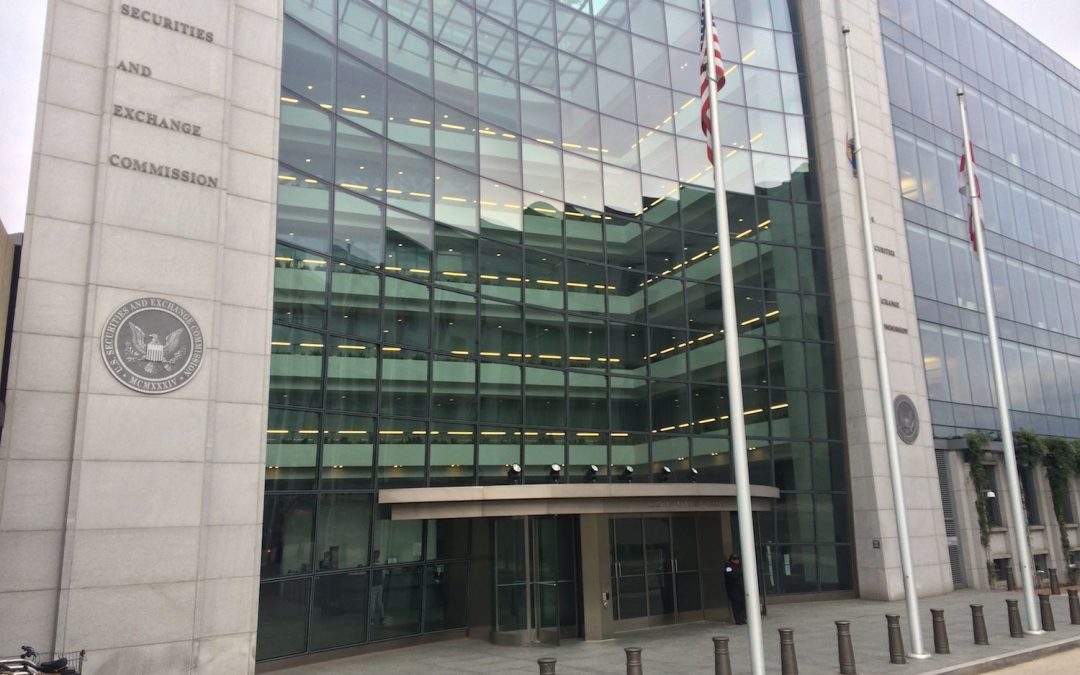The U.S. Securities and Exchange Commission (SEC) has approved an exchange-traded fund (ETF)—the Volt Crypto Industry Revolution and Tech ETF—that aims to provide investors with exposure to publicly traded companies with exposure to bitcoin.
According to a prospectus filed Oct. 1, the fund will track the performance of so-called “Bitcoin Industry Revolution Companies”: publicly listed companies that either hold a majority of their net assets in bitcoin, like Microstrategy (MSTR), or that make a majority of their profits through mining or building mining equipment, like Marathon Digital Holdings (MARA).
At least 80 percent of the fund’s net assets will be invested in crypto stocks. The remaining 20 percent will be invested in more traditional stocks to offset the risk of the fund’s focused portfolio. The ETF will not hold any cryptocurrencies directly.
The SEC’s approval of the fund, which will trade under the ticker BTCR, comes just days after the regulator delayed its decision on four bitcoin ETFs—GlobalX, WidsomTree, Kryptoin, and Valkyrie—to late November at the earliest. While the SEC kicks the crypto-can down the road, bitcoin ETF applications are piling up: on Friday, BlockFi filed for a bitcoin futures ETF, bringing the number of active pending applications to over a dozen.
Many in the crypto community have speculated that, despite the delays, the approval of a bitcoin ETF could happen by the end of the month. SEC Chair Gary Gensler has also repeatedly suggested that he is not opposed to the idea of a futures-based bitcoin ETF like those proposed by Valkyrie and BlockFi.
While Volt’s ETF is not exactly the bitcoin ETF the crypto industry has been waiting for, it is a step forward: BTCR is the first bitcoin-focused ETF to receive regulatory approval.
Volt Equity CEO Ted Park told Insider that the fund, which is the fifth for the San Francisco-based financial services firm, was the most difficult to get approved.
“It was very difficult to get this through,” Park told Insider. “But we’re really glad that they finally approved it.”














